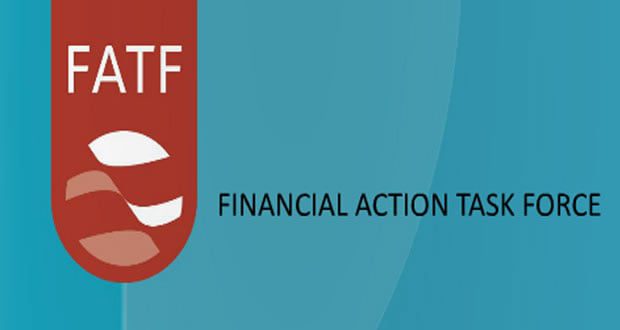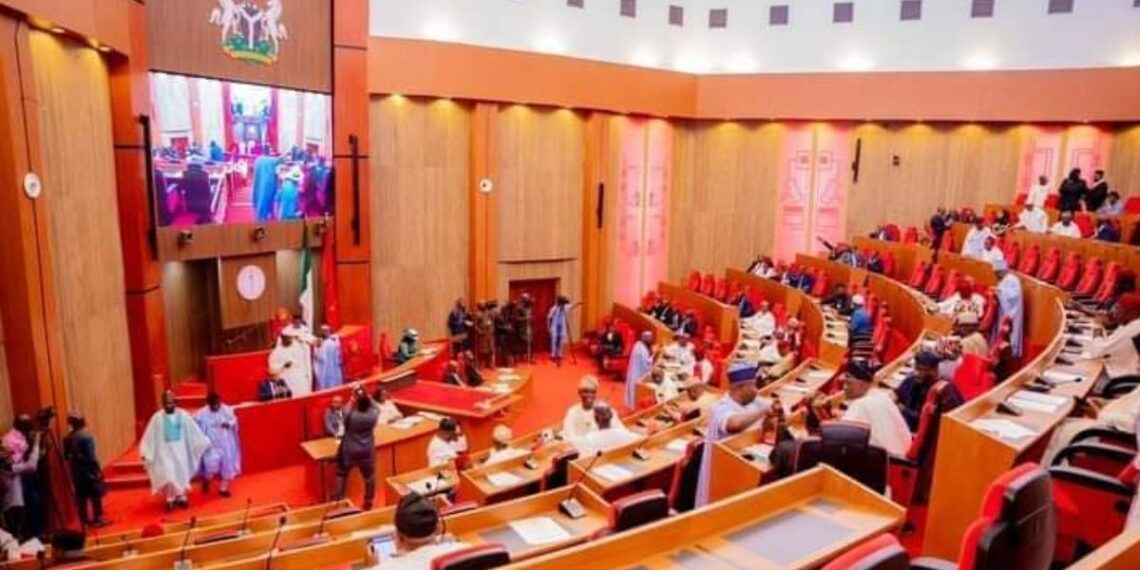President Bola Ahmed Tinubu signed four new tax bills into law on Thursday, marking the start of a new tax system for Nigeria.
Tinubu signed the bills at a ceremony held at the Aso Rock Presidential Villa, Abuja.
The four bills include: the Nigeria Tax Bill, the Nigeria Tax Administration Bill, the Nigeria Revenue Service (Establishment) Bill, and the Joint Revenue Board (Establishment) Bill.
They were passed by the National Assembly after months of consultations with various interest groups and stakeholders.
Earlier, Tinubu sent four tax reform bills to the National Assembly and appointed Taiwo Oyedele as Chairperson of the committee, whose recommendations formed the basis of the proposals.
At the time, the bills drew criticism, particularly from the Northern Governors’ Forum, over a proposed value-added tax sharing formula. The governors raised concerns about the derivation model, which would allow states to earn more based on the VAT collected within their borders.
On his official X handle, President Bola said that the four landmark tax reform bills he is signing into law today are designed to bring tangible relief to ordinary Nigerians, restore fairness in the tax system, and stimulate inclusive economic growth for the future.
He described the legislation as a decisive break from the past, adding that the reforms are tailored to ease the burden on working families, small businesses, and low-income earners while eliminating inefficiencies that have long plagued Nigeria’s fiscal structure.
- What are the benefits of the new tax laws for Nigerians?
Advertisement
- Complete exemption of low-income earners up to N1m p.a. (about N83k per month) from PAYE
The percentage of income tax for individuals is as follows: ₦800,000 at 0%; ₦2,200,000 at 15%; ₦9,000,000 at 18%; ₦13,000,000 at 21%; ₦25,000,000 at 23%; and ₦50,000,000 at 25%
Before now, people earning as little as ₦300,000 yearly were paying up to seven percent income tax.
- Reduced PAYE tax for those earning a monthly salary of N1.7m or less
- Zero (0%) VAT on food, healthcare, education, electricity generation, and transmission
- VAT exemption on transportation, renewable energy, CNG, baby products, sanitary towels, rent, and fuel products
- Tax break for wage award and transport subsidy to low-income earners
- Tax incentives for employers to hire more people incrementally than in the previous 3 years
- Exemption of stamp duties on rent below N10m
- PAYE tax exemption for other ranks and armed forces fighting insecurity
- Friendly tax rules for remote workers and digital nomads
- Clarity on taxation of digital assets to avoid double taxation and allow deduction for losses.
- What are the benefits of the new tax laws for small businesses?
- Increase in tax exemption threshold for small businesses from an annual turnover of N25m to N50m
- Exemption from company income tax for small businesses (tax at 0%)
- No withholding tax deduction on the business income of small businesses
- Exemption from the requirement to deduct and account for tax on payments to vendors
- Simplified statement of accounts attested to by a small business owner for tax returns in place of audited financial statements
- Introduction of the Office of Tax Ombud to protect taxpayers against arbitrary tax assessments
- Tax disputes affecting businesses to be resolved within 14 days by the Tax Ombud
- Harmonisation of taxes and repeal of multiple levies
- Outlaw cash payment and physical roadblocks imposing a burden on businesses
10 Attractive tax regime to encourage formalisation of business and facilitate growth.
- What are the benefits of the new tax laws for businesses and investments?
- Reduction of corporate income tax rate from 30% to 25% and harmonisation of earmarked taxes at a reduced rate
- Unilateral tax credit for income earned abroad to avoid double taxation and input VAT credit on assets and services to reduce the cost of production.
- Introduction of economic development incentives for priority sectors
- Friendly tax regime for business restructuring and reorganisation to improve efficiency
- Clarity on the 6-year statute of limitation and resolution of objections in favour of the taxpayer if the tax authority fails to respond within 90 days
- Option to pay taxes and levies on foreign currency-denominated transactions in Naira
- Faster tax refunds within 90 days (30 days for VAT refunds) with the option of set-off against any tax liability of the taxpayer.
- Request for advance ruling by the taxpayer to be provided by the tax authority within 21 days
- Expense incurred by a start-up within 6 years pre the commencement of business to be tax deductible
- Restriction of interest deduction will only apply to related party loans in order to reduce the cost of finance for businesses.
- When will the new tax laws implementation start?
The Federal Government disclosed that the implementation of the newly signed four tax fiscal reform laws will commence by January 1st, 2026.
Addressing State House correspondents shortly after the President signed the bills into law, Chairman of the Nigeria Revenue Service, Zach Adedeji, said the modalities will be put in place ahead of the implementation.
Adedeji further explained that the six-month period between the enactment of the new fiscal laws is designed to give ample time to those saddled with the implementation to carefully prepare and ensure that all Nigerians are adequately sensitised




















